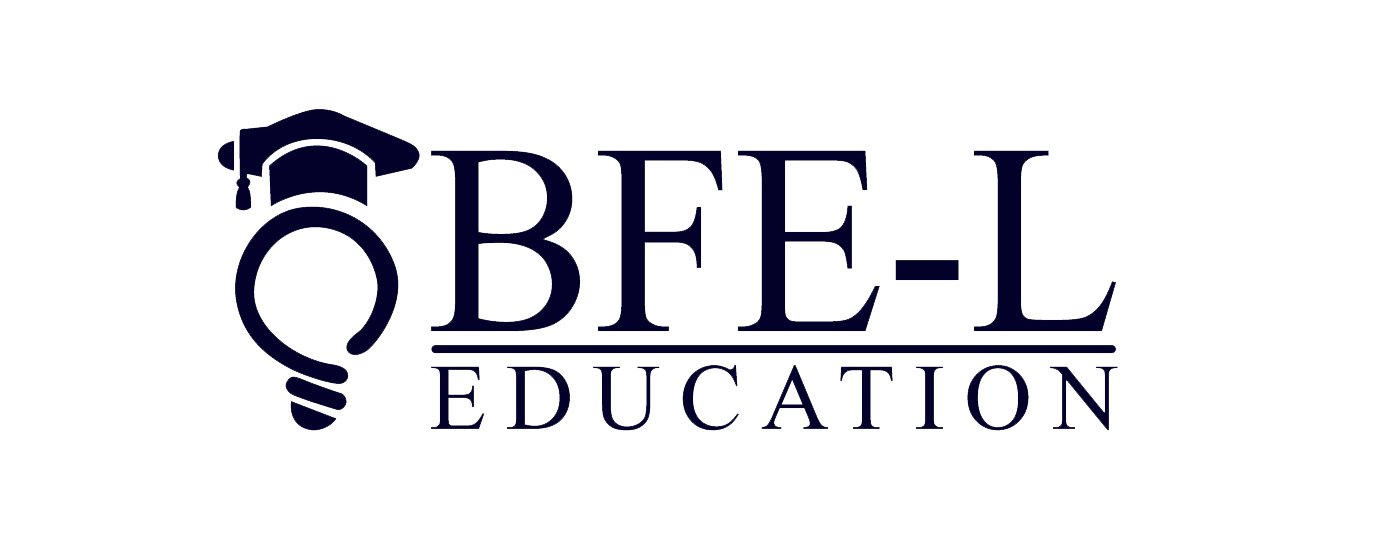Choosing Your Educational Path: How to Select the Right Course for Your Career

Selecting the right course or major is a crucial decision that can significantly impact your career and future prospects. In this blog post, we’ll discuss the steps and considerations that can help you choose a course of study that aligns with your career goals and personal interests.
1. Self-Assessment
Begin by assessing your interests, strengths, and passions. Reflect on the subjects or activities that genuinely excite you. Consider your hobbies, favorite subjects in school, and the activities you enjoy in your free time. Understanding what you’re passionate about can guide you toward the right course.
2. Career Goals and Research
Think about your long-term career goals. Research the industries and professions that interest you. Look into the educational requirements and qualifications needed for those careers. This will give you a sense of the academic paths you need to consider.
3. Skills and Strengths
Identify your existing skills and strengths. What are you naturally good at, and what skills have you developed over time? Consider how these skills can be applied in your chosen field of study and future career.
4. Market Demand
Research the job market and industry trends to determine which fields are in high demand. Courses and majors that align with these trends are more likely to lead to job opportunities and career stability.
5. Program Specifics
When evaluating courses or majors, delve into the specifics. Consider the curriculum, course structure, and available resources. Look for courses that cover topics you’re passionate about and that offer opportunities for hands-on learning and practical experience.
6. Career Path Exploration
Explore various career paths within your chosen field of study. Sometimes a single course can lead to a wide range of job opportunities. Understanding the potential career trajectories can help you make an informed decision.
7. Financial Considerations
Evaluate the financial aspects of your education. Research tuition costs, available scholarships, and potential sources of financial aid. Be mindful of the financial commitment required for your chosen course.
8. Alumni Success
Research the success stories of alumni from the educational institutions you’re considering. Their career paths can provide valuable insights into the potential outcomes of the course you’re interested in.
9. Academic Counseling
Don’t hesitate to seek advice from academic counselors or career advisors. They can provide guidance, answer questions, and offer suggestions based on your interests and goals.
10. Networking
Connect with professionals working in your desired field. Attend networking events, reach out to industry experts, and seek mentorship opportunities. Networking can provide insights and guidance from those who have walked the path you’re considering.
11. Consider Transferable Skills
Keep in mind that many skills are transferable across various careers. Don’t limit yourself to a single path based solely on the course title. Focus on acquiring valuable skills that can be applied in multiple contexts.
In conclusion, choosing the right course for your career is a significant decision that requires thoughtful consideration. By assessing your interests, career goals, and the specific details of educational programs, you can make an informed choice that sets you on a path to success and fulfillment in your chosen field.
This blog post provides guidance on selecting the right course for one’s career, helping individuals make informed decisions about their educational paths. If you have specific points or details you’d like to add or modify, please let me know.
